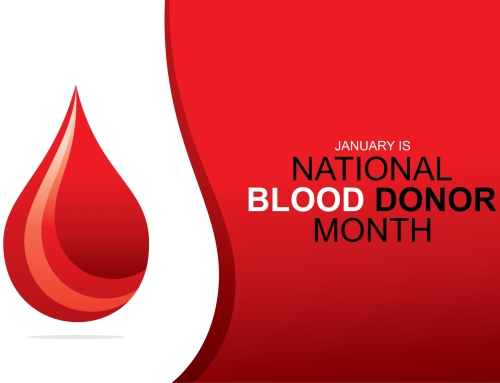The relationship between diabetes and kidney disease
First, to set the record straight, if you have diabetes you will not necessarily develop kidney disease. The fact that you are reading this handout already puts you ahead of the curve, because there are steps that you can take to safeguard against chronic kidney disease (CKD).
Diabetes is the leading cause of kidney disease. The other leading causes of CKD are:
• Hypertension (high blood pressure)
• Glomerulonephritis
• Cystic diseases
• Urologic disease.
In diabetics, the body has a hard time producing or properly using insulin. Without insulin, glucose (sugar) remains in the blood and can damage the glomerulus (blood vessels) and nephrons (filtering units) of the kidney. Over time, damage to the kidneys builds and builds until kidney function is lost, resulting in end stage renal disease (ESRD). At this stage, the options are dialysis or transplantation.
What do the kidneys do
The kidneys are a pair of bean shaped organs that are roughly the size of a fist. The primary function of the kidneys is to filter and clean the blood, which helps to keep the body chemically balanced.
Each day, the body continuously cycles blood through the kidneys and sorts out waste products that become urine. Kidneys also regulate important hormones including: calictrol that helps control the body’s calcium balance, erythopoeitin that helps stimulate red blood cells and renin that controls blood pressure.
Diagnosis and prevention
Diabetes and kidney disease share several common traits and symptoms. Both can go undetected for many years, worsen over time and have symptoms that are not unique to their disease.
Risk factors that overlap:
- High blood pressure
- Obesity
- Age
- Ethnicity
- Family history
As kidney disease progresses, common symptoms include:
• Frequent urination
• Tiredness
• Swelling around extremities
• Trouble eating
• Muscle cramping
If you are diabetic or have other risk factors you should be screened for kidney disease by your doctor. There are also resources available for free screenings. During the screenings, medical staff will test your blood pressure, your blood for urea, electrolytes and creatinine levels and your urine for signs of protein.
The good news is even with a diagnosis of kidney disease and diabetes, there are still steps to help slow any damage to the kidneys. The following steps help minimize damage to the kidneys.
• Pay extra attention and keep blood sugar levels in the normal range
• Manage weight through diet control and exercise
• Control of lower blood pressure to <120/80 mm Hg
• Work closely with medical staff to monitor kidney function and make adjustments as necessary



